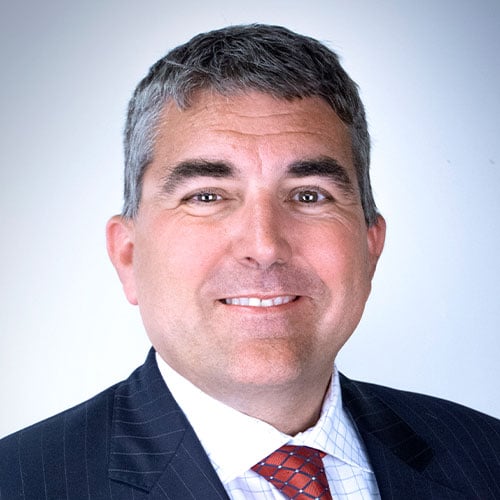Recently, I had coffee with a local estate planning attorney in town, and we were talking about estate planning. During the course of the conversation, she said something to me that resonated with me: “We have to get away from thinking that estate planning is about important stuff. It's about the stuff that's important.”
It is tempting to spend too much energy thinking about the practical and logistical tasks associated with estate planning and not enough on how to build your legacy. But to create a positive impact in the lives of our loved ones, we have to plan for what’s important.
The difference between estate planning and legacy
When my grandparents passed away, they left me a little something. With that inheritance, we decided to build a tiki bar in our backyard to honor their legacy and memory. So, every Friday during the summer, we gather together at Bill and Elle’s Tiki Bar, named after my grandparents, and enjoy a drink together in the backyard. The little bit of money my grandparents left me, that’s estate planning, but the tiki bar is legacy.
When building your legacy, it’s a good idea to start by thinking about what's important to you. When exiting a business and during the estate planning process, we want to do right by our children, ourselves, our church, our community and a variety of other causes we each find important.
Building your legacy is about the impact that you want to make on the people that you care about. Don't worry about the “stuff “right now. Instead, worry about the people, worry about the impact. Think about what you want for them, not just economically, but emotionally when you're not there.
Pitfalls of legacy planning
A pitfall that more than 70% of clients fall into is not communicating with the people that they want to impact. By not communicating with the people that are going to get the assets about what's important to you and why it's important, you are not getting the feedback from the people that you want to impact. This feedback, in most cases, actually enhances the impact of your legacy.
There are lots of reasons people don’t want to talk about these topics with their loved ones. There are privacy reasons, there are uncomfortable reasons, and there are “I don't want to talk about death” reasons. A lot of real human emotion goes into not having those conversations, but those conversations are mission critical and can be the distinction between success and happiness. In my experience, there is more satisfaction and happiness between families that communicate beforehand and families that don't.
The second common mistake is that 70% of people don't have even the most basic estate planning documents. Watching assets transition without even basic estate planning documents, much less really good estate planning documents is a little nightmarish.
To get the plan and paperwork in order is hard, complicated and, often, sad work. At the end of the day, what we want for the people we care about is a positive experience, right? It is important to have a solid plan in place to help ensure a smooth transition.
The third pitfall is about how we manage family business. The best family business transitions come from a place of separating how you think about the business and how you think about the relationships in your family. 90% of wealth is destroyed within three generations, and if you put family businesses on top of that, only 3% of family businesses survive three generations.
We ruin family businesses; we ruin wealth within three generations. The reason for that almost always is we give people accountability and authority over things they're not ready for and over things they don't want to do. Separating how we think about the ownership of an asset versus the decisions made to drive the value of the asset is a huge mistake that people make.
The right team
You want to have people on your team that are asking the right questions to find out what you want your legacy to be. Everyone on your legacy building and estate planning team needs to work with you to uncover and capture the story. Questions like: Who do you want to impact? How do you want to impact them? Why is that important to you? Your team should understand both your values and goals.
A team will often have a financial advisor, who can look at the financial situation and help you plan, and an attorney, who can draft the documents to ensure your legacy is carried out how you envisioned. In some situations, you may also want to have an accountant as part of the team to help manage the tax consequences that come as part of the transition of assets.
The role of a financial advisor is the scenario planning around the impact that the assets can make. Once everyone understands your goals, financial advisors can do things like running some deep financial analysis to see the feasibility of paying for the next several generations of education, for example.
Financial advisors are tasked with positioning your assets and doing economic analysis to make sure that what matters most can be accomplished. The attorneys, on the other hand, are great at creating the structure that gets it done. If attorneys and financial advisors work collaboratively to uncover and capture your story, then we can make sure we have the right structure built so that those goals are accomplished.
ABOUT THE AUTHOR

SVP Director Wealth Strategy JD, CPA | Johnson Financial Group
Joe has extensive experience helping high‐net worth individuals, family offices, business owners and corporate executives meet their wealth and legacy goals. His areas of specific interest and skill include business succession planning, financial and estate planning, and wealth transfer strategies.
